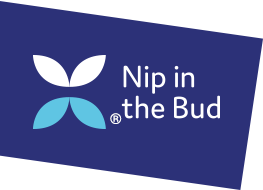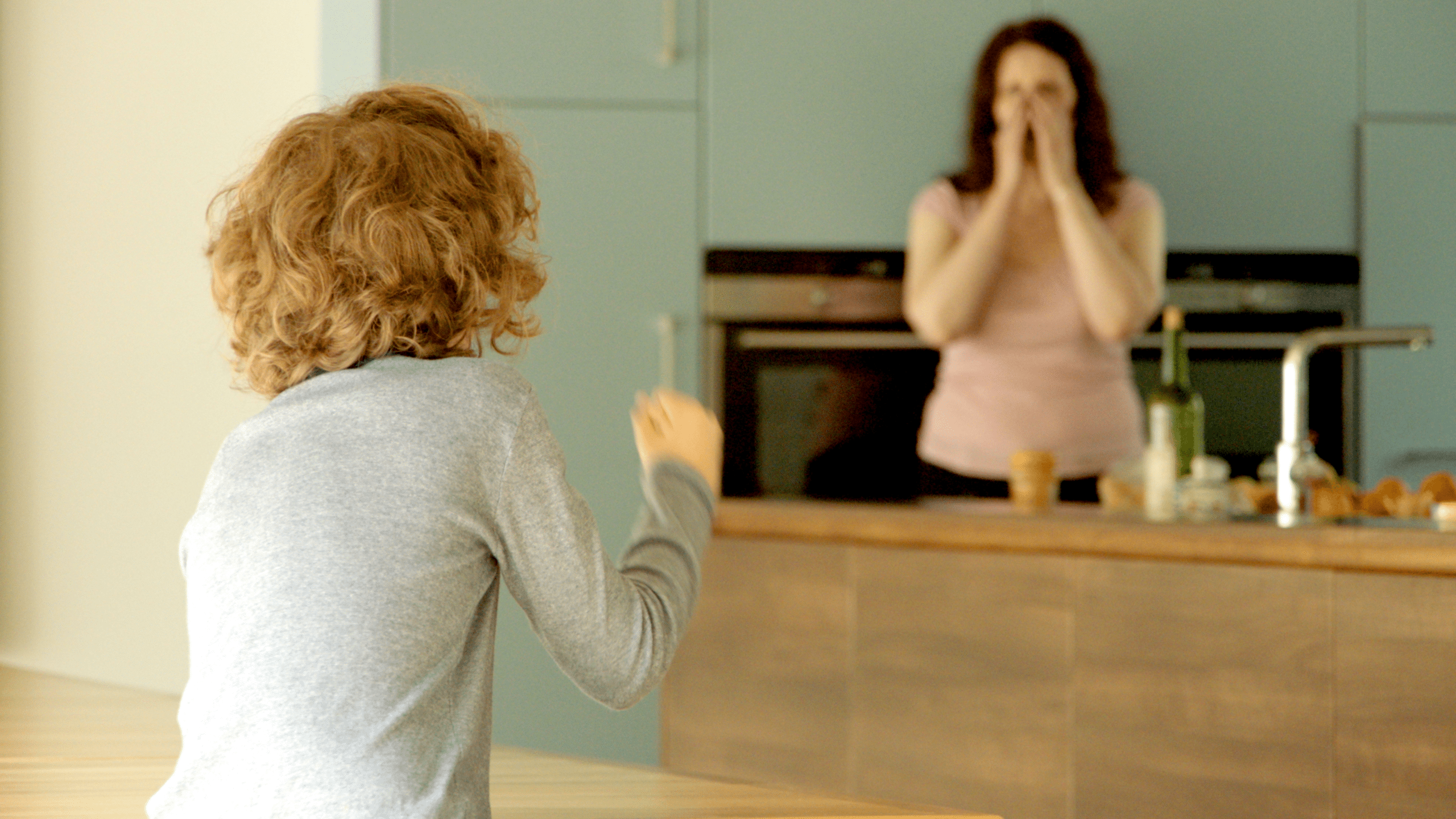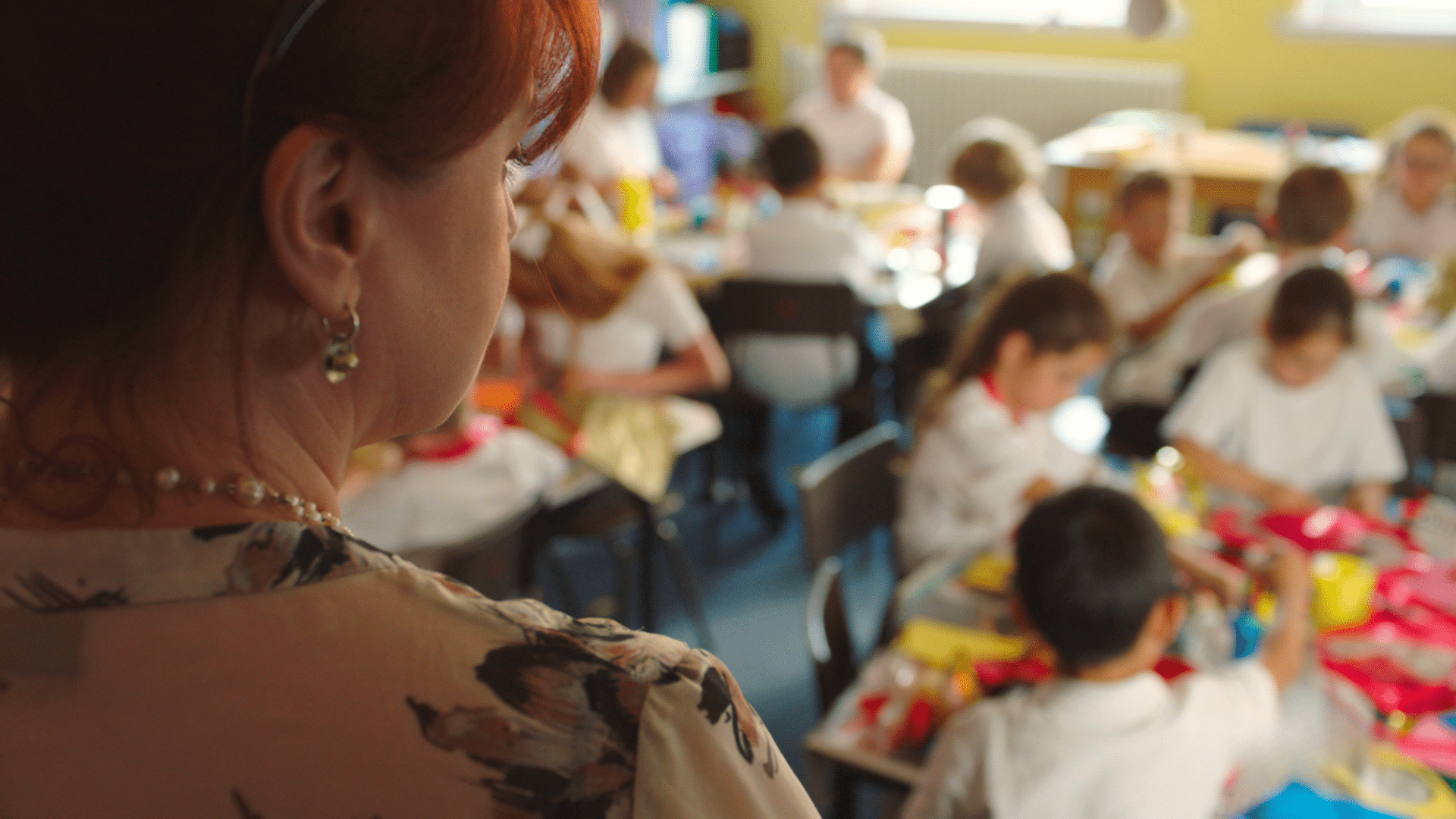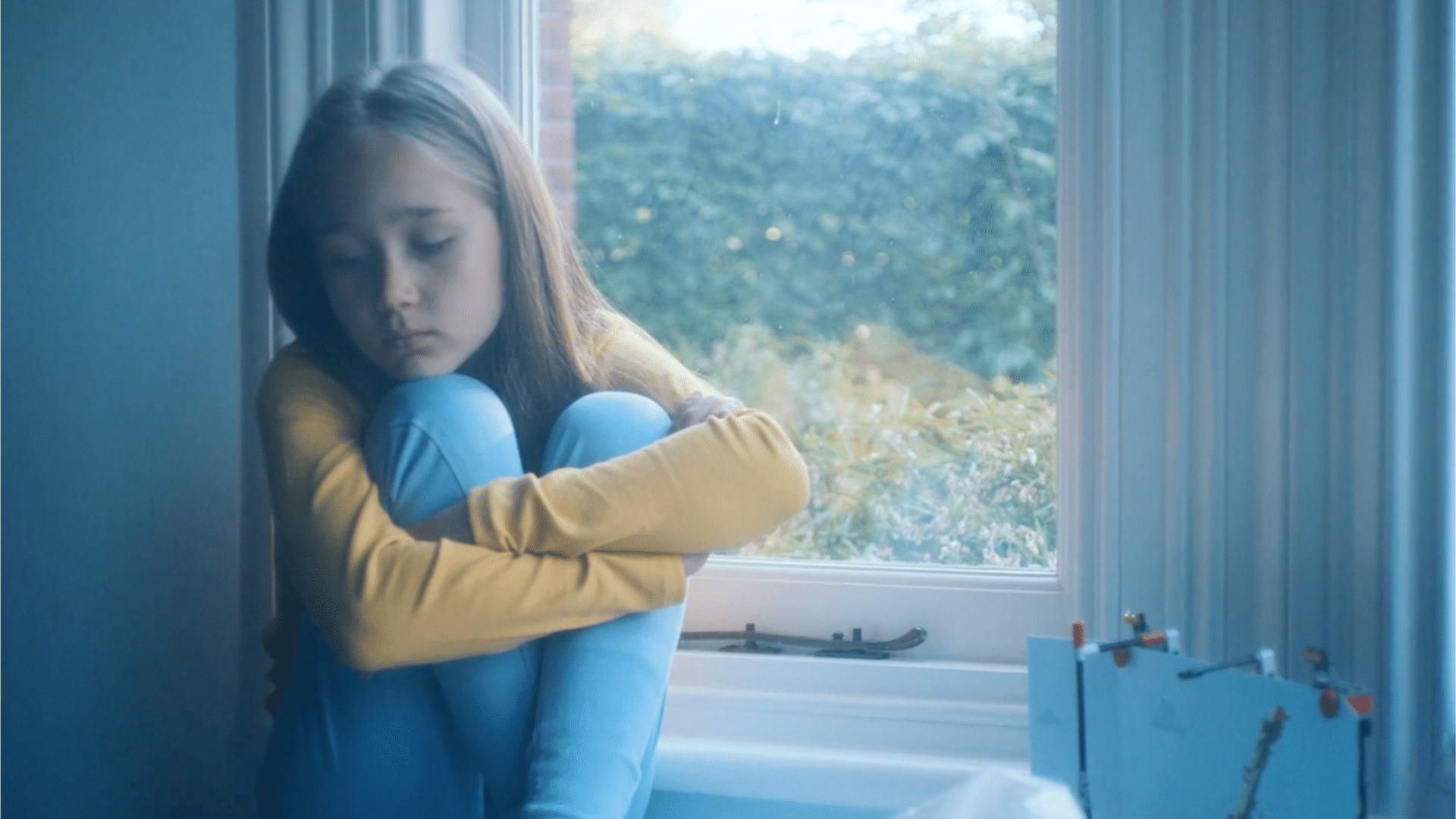
“Whilst I still have a tendency to blame myself for things that aren’t my fault, since my diagnosis, I’ve been able to show myself a little more compassion.”
Author: Jon Clucas
“It’s not your fault” she said.
That’s the first thing the nice lady at the University of Portsmouth Wellbeing Service said to me, as she confirmed that I was “most likely” on the spectrum, in early 2019. This was before I embarked on the long journey of getting referred and eventually diagnosed with autism.
She said it might-sound-strange, but it made perfect sense to me. I was already in my early-thirties with a patchy work-history, and a mind overflowing with uncomfortable thoughts and memories. I had a track-record of social rejections and embarrassment, backed by a catalogue of failures to cope with apparently simple things. I knew it wasn’t my fault, but I definitely needed to hear it.
I cried a little.
***
It took a lot for me to ask for help, because I didn’t receive the support I needed when I was in school. My difficulties largely went unnoticed, perhaps because they often weren’t reflected in my grades. When my academic progress did suffer, or I was too tired to do my homework, I was called “lazy” by teachers. I had never heard that “avoidance” and “executive dysfunction” could make it difficult for autistic people to initiate tasks. I developed a deep, suffocating anxiety about school and felt like no one cared.
Other children often noticed that I was different, but they didn’t understand, and I lacked the vocabulary to explain. Even those I assumed were my friends often called me “weird” and said I “talk too much”. They made fun of my enthusiasm for video games, anime, and tabletop role-playing, and I didn’t participate in sports because I was ridiculed for being uncoordinated. I was called “gay” in a phobic, pejorative sense, simply for sitting next to a male friend on the bus, and when I adjusted my outward behaviour, I was considered “antisocial”. No matter what I did, I never felt that I was acceptable.
When I was growing up, I frequently heard that “there are too many labels.” However, I noticed that people were quick to apply labels like “weird” when someone was perceived as different. They didn’t understand why someone would want a diagnosis: “why can’t we all just be individuals?” The prevalence of this way of thinking when I was younger, even among teaching professionals, is why I find it hard to ask for help today. “You don’t need a label. You’re fine!” I would often tell myself… but I wasn’t fine. I exploded. Frequently. Weirdly, ignoring my problems didn’t make them go away!
***
Despite these challenges, I scraped through school with reasonably good grades and went on to complete a degree. However, after struggling for years to cope in various minimum-wage jobs, I decided to enrol in a post-graduate course. I wanted things to be different this time, so I booked myself in with the University Wellbeing Service during induction. I knew the coming deadlines and evaluations would be stressful, and what this would mean for me.
I’ve had a periodic “depressive illness” since childhood, as it is usually described on my fit-notes, which comes and goes like a tide. This has been accompanied by episodes of suicidal ideation, even though I was too young to have the language to express this, or to make sense of it. I now know that about half of all autistic people will experience depression in their life, compared to just 5% of adults globally. Discovering this didn’t make the problem go away, but learning that many of the challenges I experience are the result of a neurological condition has shifted the narrative considerably.
Before deciding to pursue a diagnosis I felt ashamed of my difficulties; I was a bad person because of them. Although I knew in my head that this wasn’t true, I didn’t know it in my heart. Without an actual label to help make sense of it all, every criticism embedded itself under my skin and became part of the very fabric of my thoughts. Whilst I still have a tendency to blame myself for things that aren’t my fault, since my diagnosis, I’ve been able to show myself a little more compassion.
***
The more I learn about autism, the more I am also able to see the positive impact it’s had on my life. My creativity, my attention to detail and my ability to maintain extreme focus for long periods of time are all things I attribute to being built slightly differently. I self-teach and self-motivate. I could read before I started primary school. I enjoy my own company. I have a vivid imagination and I am never short of things to do.
Whilst I am happy there is more support for the generations that followed me, I am also aware there is very little for adults like me who fell through the gaps when we were younger. All I can do is move forward, but I also mourn what my earlier life could have been. For the times it feels like I’m navigating this journey alone, I’m grateful for my community of neurodivergent friends. Despite experiencing their own social challenges, they are always happy to share advice, coping strategies and… let’s face it… horror stories!
***
“It’s not your fault.” she said.
It made total sense. The lady at the University of Portsmouth Wellbeing Service was very wise. Those four words mean everything to my ongoing journey toward understanding myself better, and being kinder to myself while I try to navigate a world that wasn’t really designed with people like me in mind.
I wish I could remember her name, but I’m terrible with names. It turns out, I’m autistic!
The importance of early intervention
Early intervention can significantly improve mental health outcomes for children and prevent avoidable suffering. For information about how to recognise a child in distress and how to get the right support, you can access our early intervention film series below.
Early Intervention 1: Does my child need help?
Early Intervention 2: How can the school help?
Early Intervention 3: How can the GP help?
Early Intervention 4: How to apply for an EHCP (Education Health & Care Plan)
Early Intervention Support Pack





